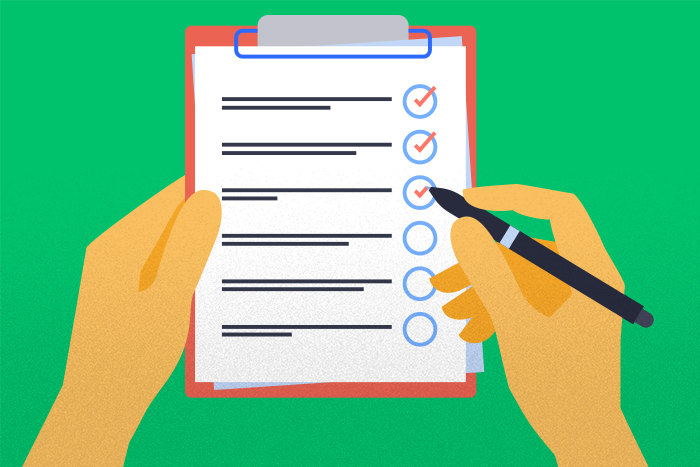There’s nothing like a pandemic to throw a wrench into the best-laid plans. And COVID-19 affected a lot more than just vacations, celebrations and get-togethers. Many Canadians found that it also affected their ability to build their retirement savings. In CPA Canada’s Canadian Finance Study 2020, one in three Canadians said the pandemic had negatively impacted their personal finances, and 21% of pre-retirees said that they planned to delay their retirement date.
Here are some ideas to help you get back on track from Christopher Cione, Senior PlanRight Advisor.
“When setbacks happen, you can often get back on track if you just hunker down for a few months,” says Christopher. For example, you might consider:
- Topping up your Registered Retirement Savings Plan (RRSP). While your annual contribution is capped at 18% of your previous year’s salary (to a maximum of $27,830 in 2021), the RRSP carry-forward rules allow you to make up for unused contribution room from prior years.
“And remember, it’s not just cash that you can hold in your RRSP,” Christopher pointed out. “If you’re holding any stocks, bonds or mutual funds in a non-registered account, you can transfer them to your registered plan.” Be careful, though, as the transfer is considered a disposition for tax purposes and could trigger a taxable capital gain. - Scaling back. COVID-19 restrictions forced us to go without many of our favourite indulgences, like travel, dining out, movies, clubbing and more. Sticking to this scaled-back lifestyle as restrictions are lifted or lowering your grocery bill for a few months can free up more cash you can put toward your retirement savings.
- Retiring a little later. “Delaying your retirement start date by a year or two helps boost your savings in a number of ways,” notes Christopher. First, you’ll be continuing to earn income. Second, that earned income generates RRSP contribution room for the following year.
“The longer you can leave your RRSP untouched, the longer it can grow, tax-deferred,” he adds.
If the above aren’t sufficient to get your plans back on track, you might think about changing your plans.
“Retirement doesn’t have to be an all-or-nothing decision,” explains Christopher. “A lot of people these days are choosing to transition into retirement.” Working part-time can give you the best of both worlds — you continue to earn money and interact with your colleagues while you also have more free time for yourself.
“Just remember that you may no longer be covered by your employer’s group benefits plan if you’re part-time,” he adds. “An individual health and dental plan, such as Manulife FollowMe, can be an affordable way to maintain your coverage.”
If you’re open to making a significant lifestyle change, there are two options that could free up some significant cash:
Downsize your home. In many areas of Canada, real estate prices have stayed steady or increased over the past year or so. If you own your home, you could be literally sitting on a gold mine. Best of all, sales proceeds are tax-free as long as the home is your principal residence.
Sell the cottage. If you own a vacation property in addition to your regular home, it’s another potential source of cash. During the pandemic, property values outside of urban areas soared as people discovered they could work from anywhere. Unlike your principal residence, however, any increase in the value of the property since you purchased it may be taxable as a capital gain.
COVID-19 taught us all a valuable lesson about the importance of flexibility. Instead of going to restaurants, we ordered takeout. Rather than commuting to the office every day, we worked from home and connected to friends and colleagues virtually instead of in person. It’s just as important to have retirement plans that are flexible.
“Pandemics aside, most of us will encounter some kind of setback during our lifetime, whether loss of employment, illness, unforeseen expenses, etc.,” says Christopher.
The good news is that there are always ways to bridge the gap. “Follow simple rules and be disciplined for a short period of time, and you will be back up to par in no time,” he assures.
“Most people start saving for retirement many years in advance,” Christopher concludes. “As long as you have a plan and stick with it, a short-term setback of six months or a year shouldn’t derail 20 to 25 years of preparation.”
Sources:
- CPA; 3 tips that can help retirees stay financially independent longer
- CPA; One in three Canadians concerned about COVID-19's impact on personal finances: CPA Canada Study

